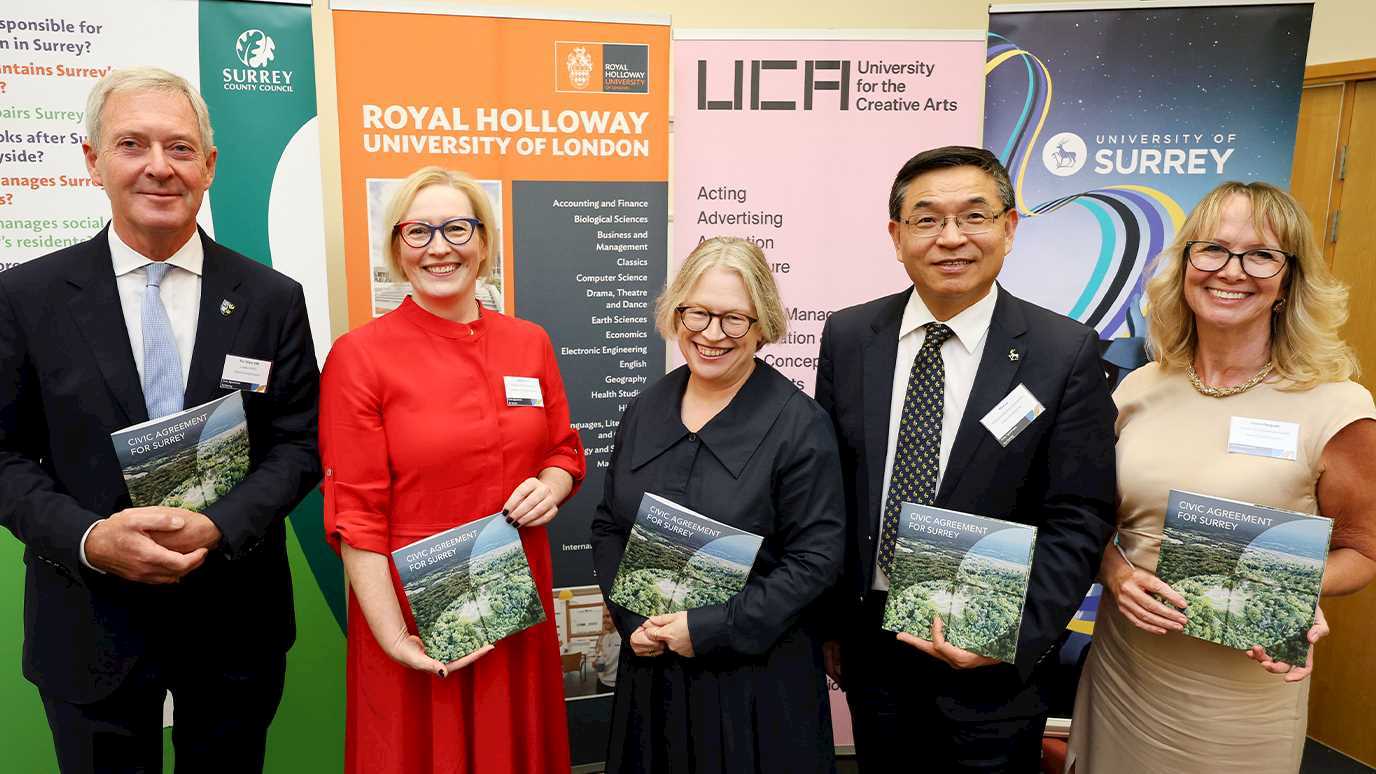New global research suggests that, in countries impacted by organised crime, people often struggle to follow political institutions when discerning right from wrong in daily life.

The study, entitled ‘Alternative Systems: The Interplay Between Criminal Groups’ Influence and Political Trust on Civic Honesty in the Global Context’, was led by Professor Giovanni Travaglino from Royal Holloway, University of London and contributions from Pascal Burgmer from the University of Southampton and Alberto Mirisola from the University of Palermo.
Civic honesty means that a person is more likely to follow moral norms in the civic context – believing actions such as tax evasion, bribery, or welfare fraud to be morally unacceptable.
The results indicated that, while trust in political and legal authorities and institutions was typically positively associated with the endorsement of civic honesty, the association between political trust and civic honesty significantly weakened in countries where the influence of criminal groups was stronger, as the influence of criminal groups made political institutions less reliable.
However, in countries with extreme levels of influence by criminal groups, the study found that individuals with high levels of trust in these corrupted institutions also had a lower level of civic honesty. The research suggests that when criminal groups are so embedded in an institution, the moral values of individuals are damaged and – potentially – democracy comes under threat.
Professor Giovanni Travaglino of the Department of Law and Criminology said: “Organised criminal groups might have a more profound impact on the democratic fabric than has been previously considered.
“As the research findings suggest, these groups might influence societal standards of cooperation and civic honesty by weakening the moral authority of public bodies and institutions in the countries where they operate.
“We need further psychological research to understand the full extent of their impact on society and provide policymakers with recommendations to combat their negative influence.”
The study made use of large quantities of data from across 83 countries and assessed how organised criminal groups might act as alternative systems of authority that lower the reliability of institutions’ moral standards.
Participants were asked questions about the acceptability of actions such as bribery, tax evasion and benefit fraud. These questions assessed their civic honesty, determining whether they followed moral standards in the civic context. They were also asked questions that measured their level of political trust – including a scale of trust in institutions such as the police, parliament, and the civil service.
Organised criminal groups are often defined as not having a political agenda, but they are often deep-rooted within society and can impact the very fabric of democracy. The global influence of these groups in question was assessed by using the Global Organized Crime Index, which assigns a score to each country on the bases of how pervasive a criminal groups’ social, political, and economic influence is.
























